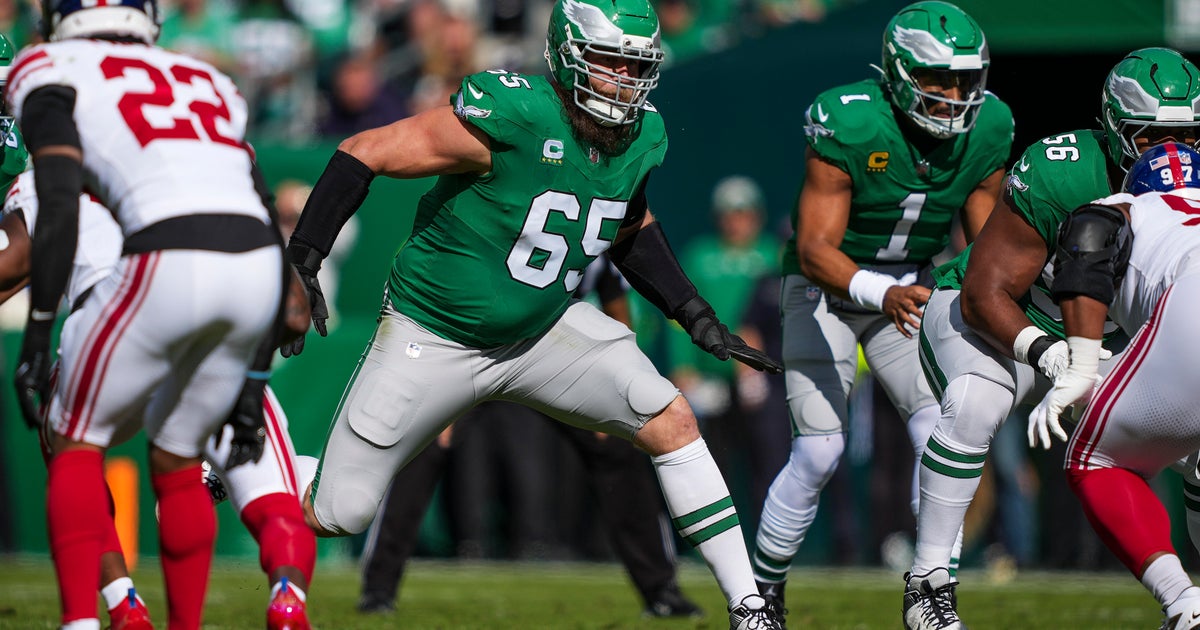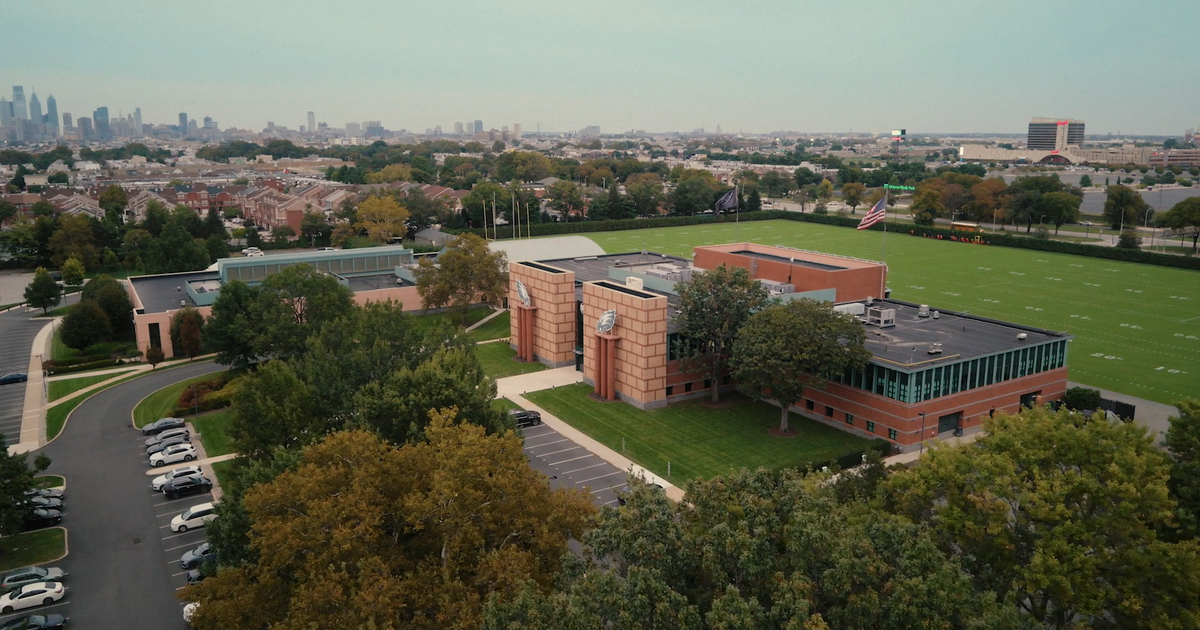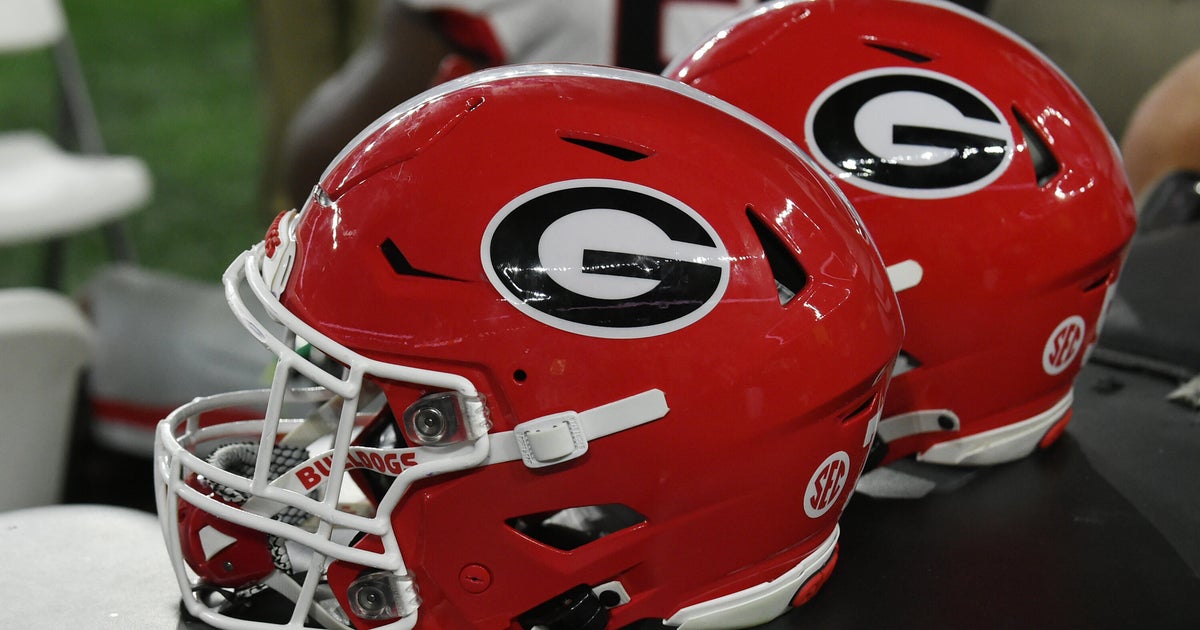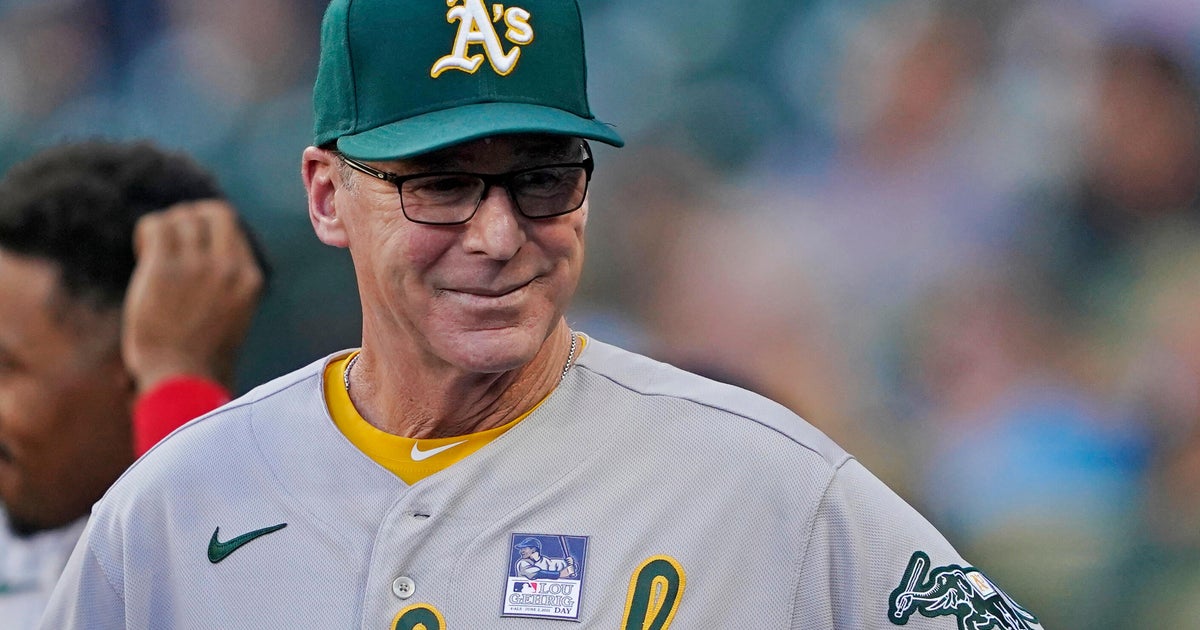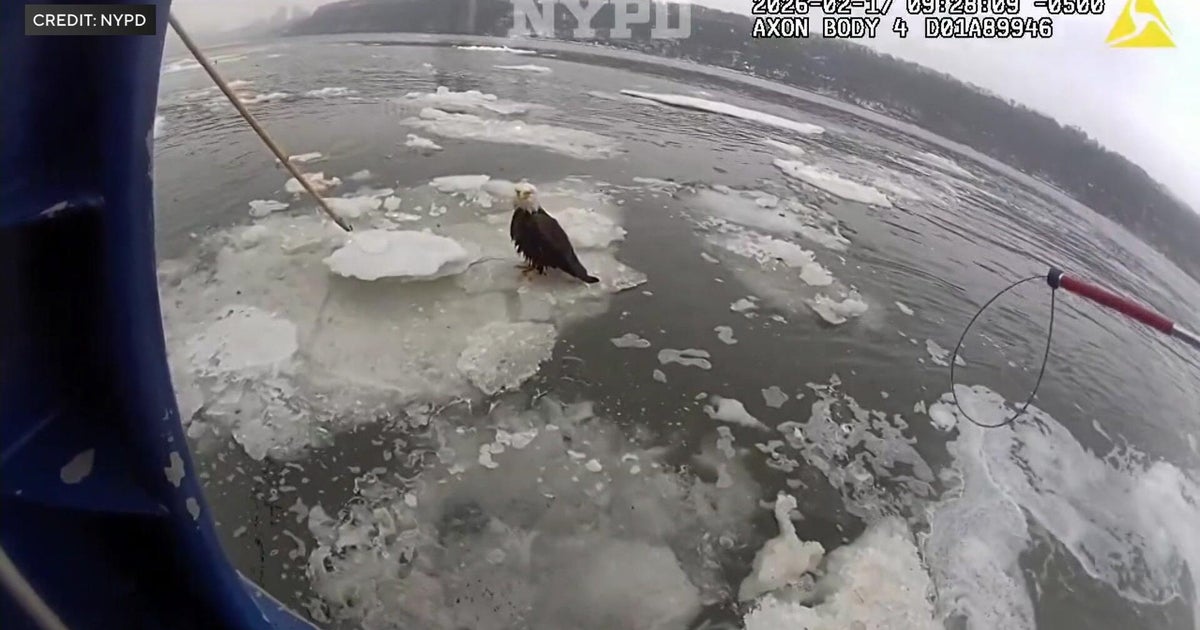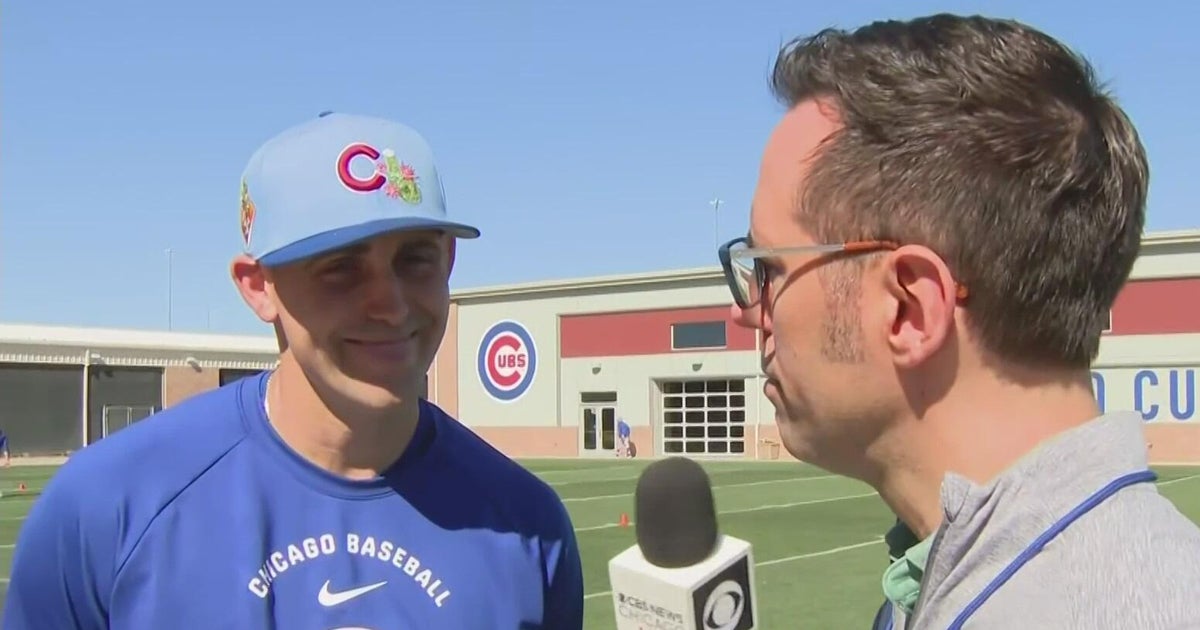Phil Simms: 'Eagles Offensive And Defensive Lines Need To Be Better'
Ryan Mayer
Five weeks into the season, the defending Super Bowl champion Philadelphia Eagles are struggling, sitting at 2-3 and tied for second place in the NFC East. The division as a whole has had its issues with the Eagles, Cowboys and Giants combining to post a 5-10 record so far. The Washington Redskins lead the division with a 2-2 record, but they were just blown out by Drew Brees and the New Orleans Saints on national TV Monday night.
The point is, things aren't going so well for these teams at the moment, particularly the three that reside below .500. How do those three teams turn it around? What's it like in the locker room when you get off to a slow start? We posed those questions to Inside The NFL analyst Phil Simms to get his thoughts. You can catch Phil alongside fellow analysts Boomer Esiason and Ray Lewis with host James Brown on Inside The NFL every Tuesday airing at 9 p.m. ET on Showtime.
CBS Local Sports: The Giants, Eagles and Cowboys are a combined 5-10 this season, if you're the head coach of one of these teams, how are you keeping the team together and optimistic?
Phil Simms: Well, you keep them motivated with the fact that, despite whatever has happened so far, all the teams are part of one big bunch. It's still up for grabs for everybody. You've had all offseason, you formulate a plan for your team and accumulate players, you don't panic now and start changing things. You just try to iron out some of your problems. I'm sure there's a sense of relief in every locker room in the NFC East, that even though we're not playing the way we want to, we're right in the middle of it, which is all that counts.
CBS Local Sports: On teams you've been on that have started slow, how have you looked to turn things around?
Phil Simms: Well, usually any team I played on that started slow, finished slow. It was almost like we couldn't turn it around. We started fast because we were good, which was fortunately, quite a few years. But, nowadays it's different. The talent of every team in the league is closer than it was when I played and the league is different.
With the way teams are scoring, you can come from behind much easier than you could 10 years ago or even five years ago. That's changed the league a lot. Coaching is just in a whole different stratosphere. No matter where you are in today's game, you can see teams transform from looking like the worst team in football one week into beating a good football team the next week.
CBS Local Sports: The Eagles offense seems to have deserted them this season, and the offensive line hasn't been nearly as dominant as they were last year. How can they fix the offense moving forward?
Phil Simms: Well the first thing that everyone talks about is 'Carson Wentz, he's not quite back.' Yes, he is. I think he's played well coming back from the injury, breaking tackles and throwing lasers down the field. But, the offensive line has not been great, and the team is built around their offensive and defensive lines dominating. If that's the best part of your team and they don't dominate, then how are you going to win a lot of games? Those two units have to turn around what they're doing.
CBS Local Sports: The Cowboys have had offensive issues too, and the blame currently seems to be falling on head coach Jason Garrett and offensive coordinator Scott Linehan. Is that the correct place to put the blame for this start? Or are there bigger issues that you see in terms of personnel?
Phil Simms: Well, let me put it this way. I can train all I want, learn all I want about sprinting the 100 meters and when the gun goes off I'm coming in last. My point being this, the Cowboys, if they don't run the ball and dominate with their offensive line, then they're not going to win enough games.
Their passing game, there's not really much they can do with the talent they have and what they do. You just try to survive with it. In a league that is all about passing now, they're not. I think that's going to be the hardest thing for them to overcome. It's not impossible, but it's the hardest.
